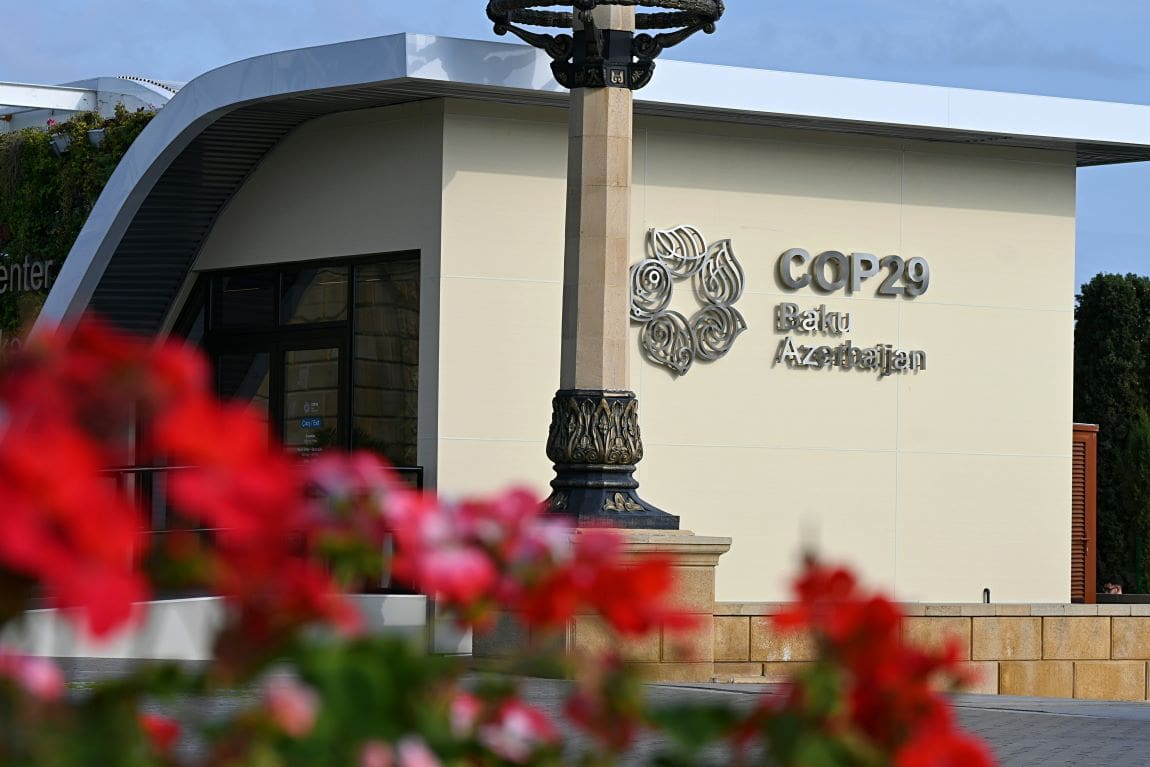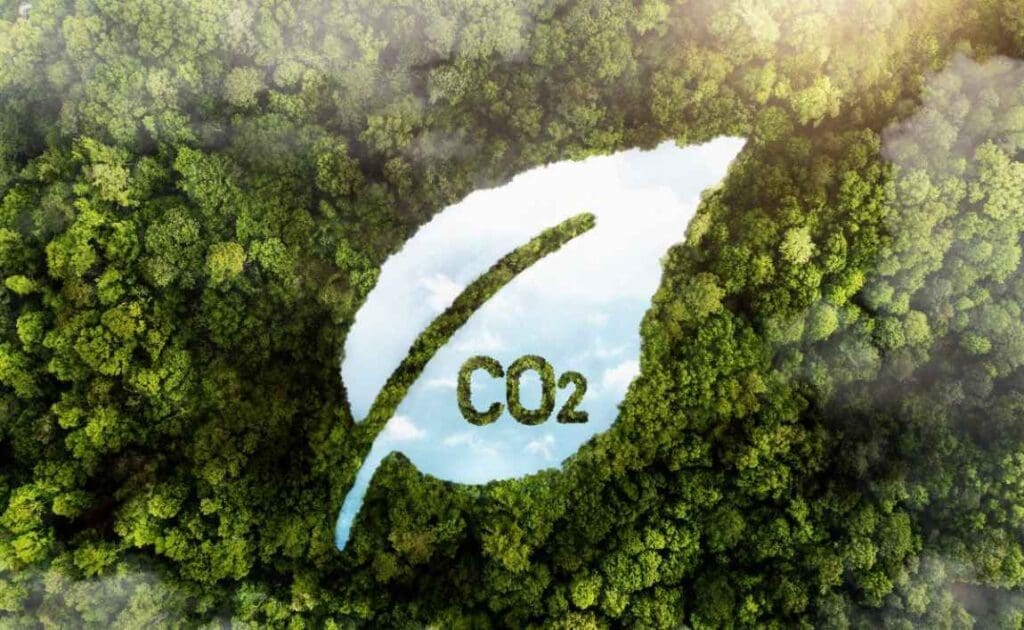In the past two weeks, around 40,000 people from all over the world took part in the UN climate summit COP29 in Baku, Azerbaijan.
Key topics were the strengthening of global climate action, particularly with regard to the goals set out in the Paris Agreement, a new collective financing target to support developing countries in overcoming the climate crisis, and trusted and transparent global carbon markets to help countries collaborate to reach their climate goals. Here is what PIK’s scientific directors, Ottmar Edenhofer and Johan Rockström, say about the outcome of the conference.
Ottmar Edenhofer, climate economist and Co-Director of the Potsdam Institute for Climate Impact Research:
“The climate summit in Baku was not a success, but at best the avoidance of a diplomatic disaster. It is now abundantly clear that we need additional negotiation formats for the global fight against the climate crisis. Not all of the almost 200 signatory states to the UN Framework Convention on Climate Change necessarily have to sit around the same table for progress to be made.
It is now important to link climate financing for the Global South, which was the main topic of discussion in Baku, to emissions reduction in two ways. First, donor states in the wealthy North should mobilise the funds by pricing oil, coal and gas. Second, the money should ideally only flow if the recipient country demonstrably reduces their greenhouse gas emissions. Perhaps such a system can be established at future climate summits, but it is more likely to happen through smaller groups, in so-called climate clubs.”
Johan Rockström, Earth system scientist and Co-Director of the Potsdam Institute for Climate Impact Research:
“The Baku agreement of raising 300 billion dollars of public money annually from multiple sources by 2035 fails on several accounts. Too little, too late, from too many sources. Global emissions must be reduced by 7.5 percent per year to avoid unmanageable global outcomes as the world breaches the 1.5°C limit.
Starting by taking off 3 billion tonnes of CO2 in 2025. We cannot wait for public climate finance another ten years, by which time loss-and-damage costs will have gone through the roof. Our only chance is full focus on financing and implementing emission cuts now. Furthermore, to solve the climate crisis we need to redirect the entire global economy away from fossil-fuel based growth. Private funding is necessary, but well beyond the critical public climate finance through collective action among nations in the world.”
More information:
Press release by UNFCCC on COP29 Agreement | Weblink to COP29
Article Source:
Press Release/Material by Potsdam Institute for Climate Impact Research (PIK) | [email protected]
Featured image credit: Dario Daniel Silva | Unsplash
Disclaimer:
This press release is not a document produced by Muser Press. Muser Press shall not bear responsibility for its content. In case you have any questions about this press release, please refer to the contact person/entity mentioned in the text of the press release.




